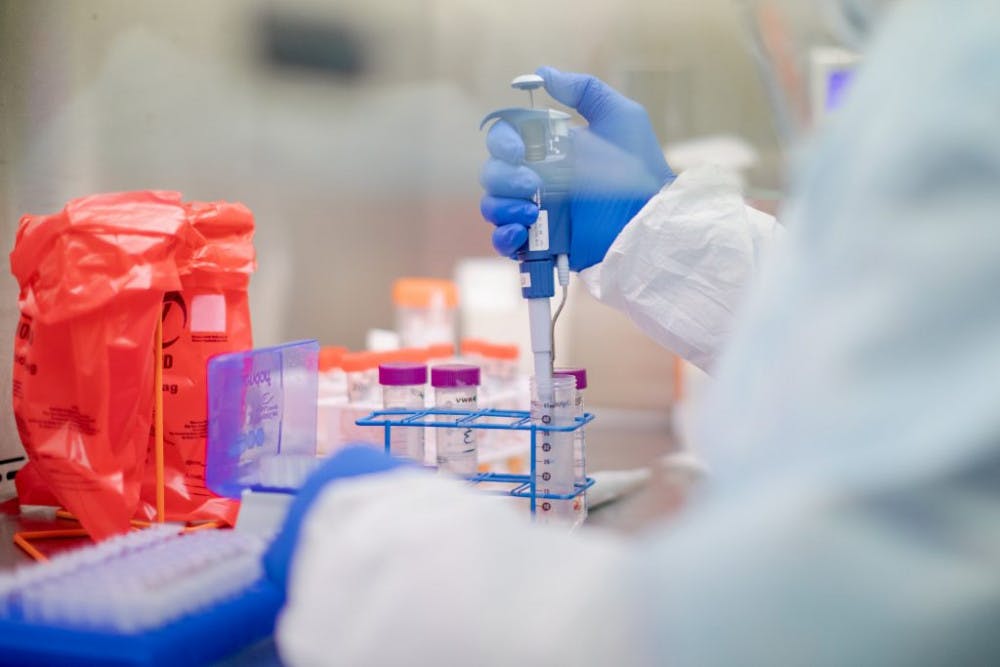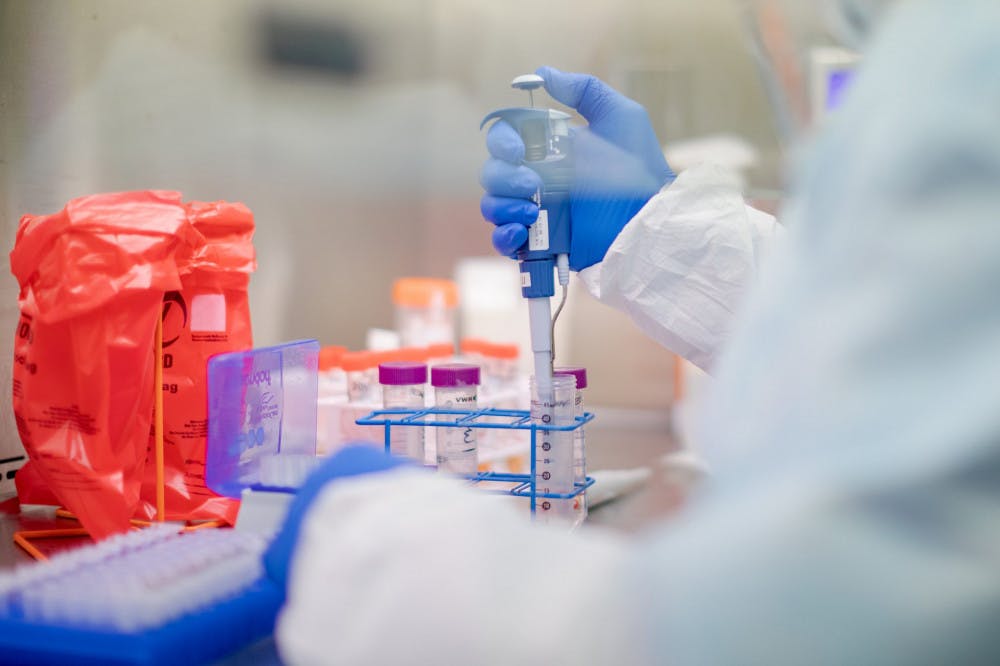The Centers for Disease Control and Prevention reversed its COVID-19 testing guidelines Friday, recommending testing for potentially asymptomatic individuals who have come into contact with those who have tested positive for the virus.
The CDC previously suggested that tests for asymptomatic individuals were unnecessary even if they had contact with a person who had tested positive for the virus, a move which many public health experts questioned. The reversal comes after The New York Times reported on Thursday that The previous guidance against testing asymptomatic individuals was published on the CDC website by officials from the Department of Health and Human Services, against the wishes of CDC scientists.
Seton Hall has yet to release a statement on the new guidance.

“If you have been in close contact with [a] documented SARS-CoV-2 infection... and do not have symptoms, you need a test,” the updated CDC website says. “Because of the potential for asymptomatic and pre-symptomatic transmission, it is important that contacts of individuals with SARS-CoV-2 infection be quickly identified and tested.”
In an interview with The Setonian earlier this month, Diane Lynch, Director of Health Services, stated that testing is optional for students who have been exposed to a known case of COVID-19 but had no symptoms.
“We’re going to ask [close contacts] to quarantine for fourteen days, and maybe we would consider testing, but it doesn’t have to happen,” Lynch said. “It’s really more up to the person themselves as to whether they would feel better about the testing part. If they have no symptoms, it’s more of an optional thing.
“If you’re a contact of someone who’s been diagnosed, you’re going to quarantine. That’s really the process if you’re asymptomatic. If you have symptoms, then we would test.”
The University has repeatedly touted that its Restart Plan goes above and beyond CDC guidelines.
“The University Restart Plan is the result of the collective, months-long efforts of more than 140 Seton Hall University faculty, clergy, administrators, staff and students and regular consultation with local, state and national health experts,” University Spokesperson Michael Ricciardelli said in a statement on Sept. 2, after a Seton Hall virologist criticized the plan. “The plan exceeds CDC guidelines and has been confirmed by the State of New Jersey.”
It is not clear if the University will update its testing protocol in accordance with the new guidelines.
Daniel O’Connor can be reached at daniel.oconnor1@student.shu.edu. Find him on Twitter @itsDanOConnor.





